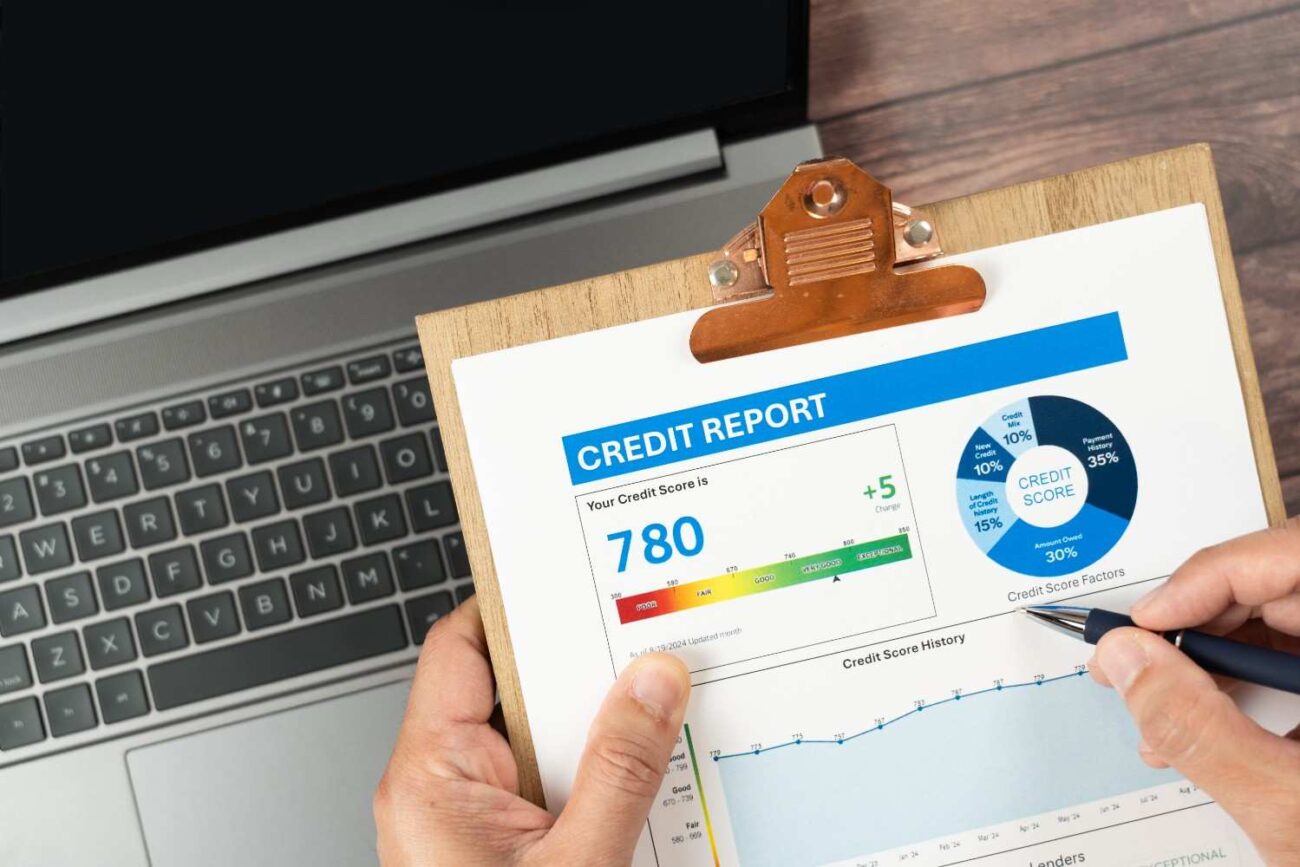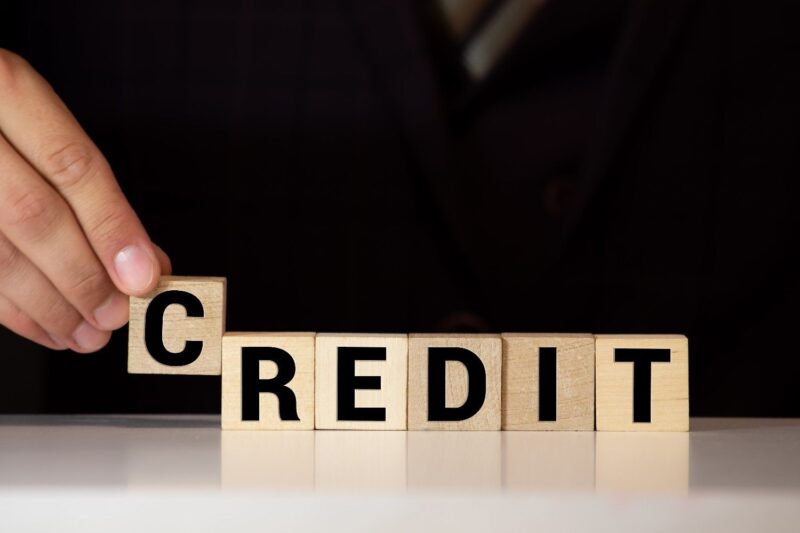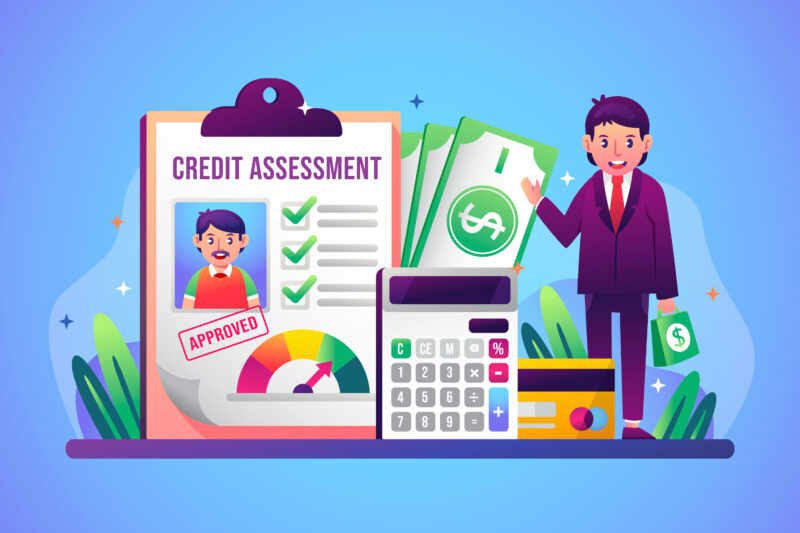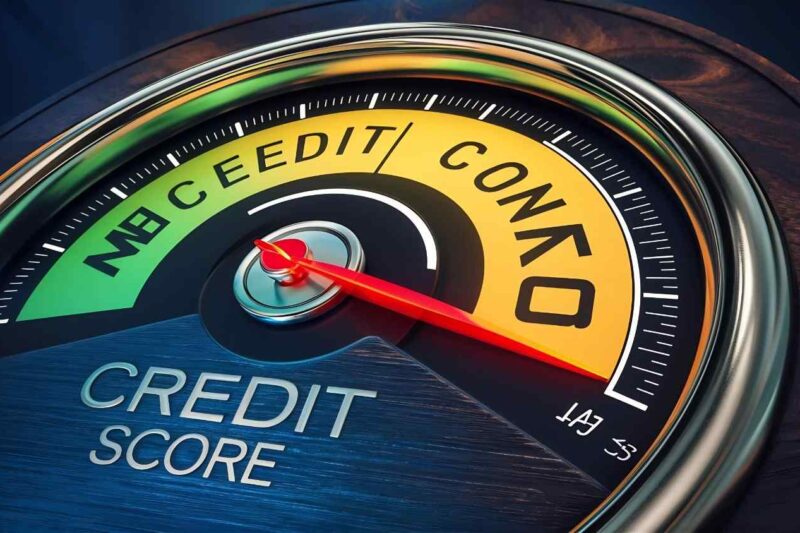Have you ever thought about the factors that banks or lenders look at to determine if you’re eligible for a loan or a credit card? The answer is through credit report generation. It is the method through which credit bureaus take up your financial data, use it, and eventually produce a detailed file that reflects your credit history. The process of credit report generation will be discussed along with the type of data that is used, and also its impact on your financial future.
What Is a Credit Report?
A credit report is similar to a financial scorecard, which reflects your borrowing and repayment history. Among other things, it includes your loans, credit cards, payment timelines, and the number of times you have applied for credit.
The method of credit report generation in India is through four main credit bureaus: CIBIL, Equifax, Experian, and CRIF Highmark. Each of these data agencies collects information from banks and financial institutions and thus provides an accurate record of your credit behaviour.
How Do Credit Bureaus Collect Information?
Credit bureaus are not the ones who generate data. Rather, they receive updates about your financial activities every month from lenders and banks.
Here’s what they collect,
- Personal details – Name, PAN, address, date of birth, etc.
- Credit accounts – Information on loans and credit cards you have.
- Payment history – If EMIs and bills are paid on time.
- Credit utilisation – The portion of your credit limit that you are using.
- Loan inquiries – Your attempts to apply for new credit.
This data is the foundation of the credit report generation process, and it is also the basis for calculating your credit score.
Steps Involved in Credit Report Generation
| Step | Process | Description |
| 1 | Data Collection | Lenders send financial data to credit bureaus monthly. |
| 2 | Data Verification | Credit bureaus verify and clean up inaccurate information. |
| 3 | Record Updating | All verified data is added to your credit profile. |
| 4 | Score Calculation | A credit score is calculated based on your credit history. |
| 5 | Report Creation | The final credit report is generated and made available to lenders. |
The Significance of Your Credit Report
Your credit report is a crucial factor in many financial decisions getting loans approved, getting credit cards, or even renting a house. It reflects your creditworthiness, and lenders base their decisions on it.
If your report displays timely payments and responsible use of credit, it will help you get loans more easily. Conversely, late payments or defaults can result in credit being denied or lead to higher interest rates. Therefore, learning how credit report generation works enables you to have better control over your financial health.
The Process of Checking and Managing Your Credit Report
Annually, you can get your credit report without charge from each of the four credit bureaus. However, if you are thinking of frequent updates, then the Olyv Smartcoin option is a good choice.
Using Olyv, you can,
- Get immediate access to your recent credit report.
- Observe your credit score and its fluctuations over a period of time.
- Know how various aspects affect your report.
- Receive tailored advice on how to enhance your financial situation.
With Olyv’s help, you can also spot mistakes early, control repayments, and keep track of your credit status. This makes the credit report generation easier to follow.
The Factors that Influence Credit Report Generation
- Payment History – Timely payments are a big plus for your credit.
- Credit Mix – It’s best to have a combination of loans and credit cards.
- Credit Utilisation Ratio – Keep your utilisation below 30% for a good score.
- Length of Credit History – A longer history indicates that you have been consistently financially responsible.
- New Credit Inquiries – A lot of loan applications may result in a score drop.
Conclusion
The process of credit report generation gives lenders a complete view of your financial habits. Understanding how it works helps you make smarter borrowing decisions and maintain a clean credit history. By paying bills on time, using credit wisely, and checking your report regularly, you can build a strong credit profile and enjoy smoother access to financial opportunities in the future.




